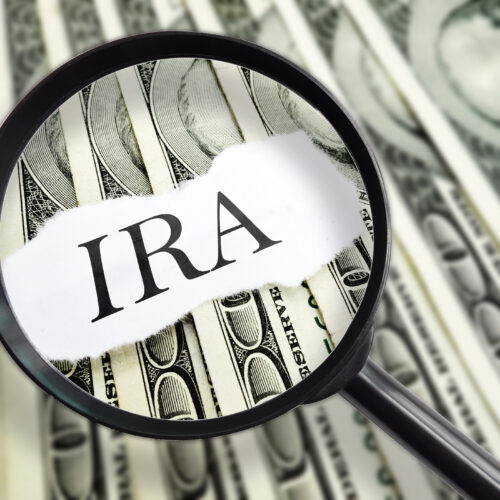Choosing to pay off debt or save for retirement is a tough decision that many Americans face. We all know that the earlier you save the more time your money has to grow, but choosing to save for retirement over paying off debt leads to accrued interest.
So, which do you choose? Well, considering everyone has a different situation with different financial needs and goals, there isn’t a perfect answer. We can tell you, however, that saving for retirement is possible while paying off debt, and the earlier you start, the better. Here are a few tips on how to save while paying off debt.
Save For Retirement First
Like we mentioned earlier, the earlier you invest, the longer your money has to grow. Investing even $50 a month in your 20s is better than not investing at all. While many experts suggest contributing a certain percentage of each paycheck, there is no minimum you have to invest.
Another great incentive to invest is if your employer will match your contributions. Each employer will vary in the percentage they will match, but in the end, it is still free money. Each amount, no matter how small, still adds up in the end and will be more than if you didn’t invest at all. Not to mention that as you further in your career, you can of course always start contributing more.
Pay Off “Bad Debt” While Saving For Retirement
Continue to pay off your debt, but try to focus on paying off your “bad debt” first. Bad debt can be anything with a high-interest rate and/or depreciate quickly, such as credit card debt and car loans. While you of course should still be making payments on all of your debt, try to make bigger or more frequent payments on your bad debt.
Once you pay off your bad debt, not only will you feel very relieved, but you’ll be able to use the money that was going to those payments to other things. That extra money you now have can go toward paying off “good debt” like a mortgage or student loans or contributing more to your retirement each month.
Make A Budget For Easier Retirement Planning
Whichever your preference, digital or paper, sit down and make a budget. Seeing a breakdown of all of your expenses for each month will give you a better idea of where your money is going and more importantly if it’s going to the right places.
This is also a great opportunity to look at where you could cut costs and save money, such as canceling subscriptions you forgot about. Each small change you make will add up in the end, and before you know it you’ll have extra money to be contributing to your retirement.
You know that saying “you can’t have your cake and eat it too”? Well, it’s wrong! Paying off debt while saving for retirement is entirely possible – you don’t need to choose one over the other. So, go ahead and invest while paying off your debt – you won’t regret it.
Photo by Naassom Azevedo on Unsplash.






